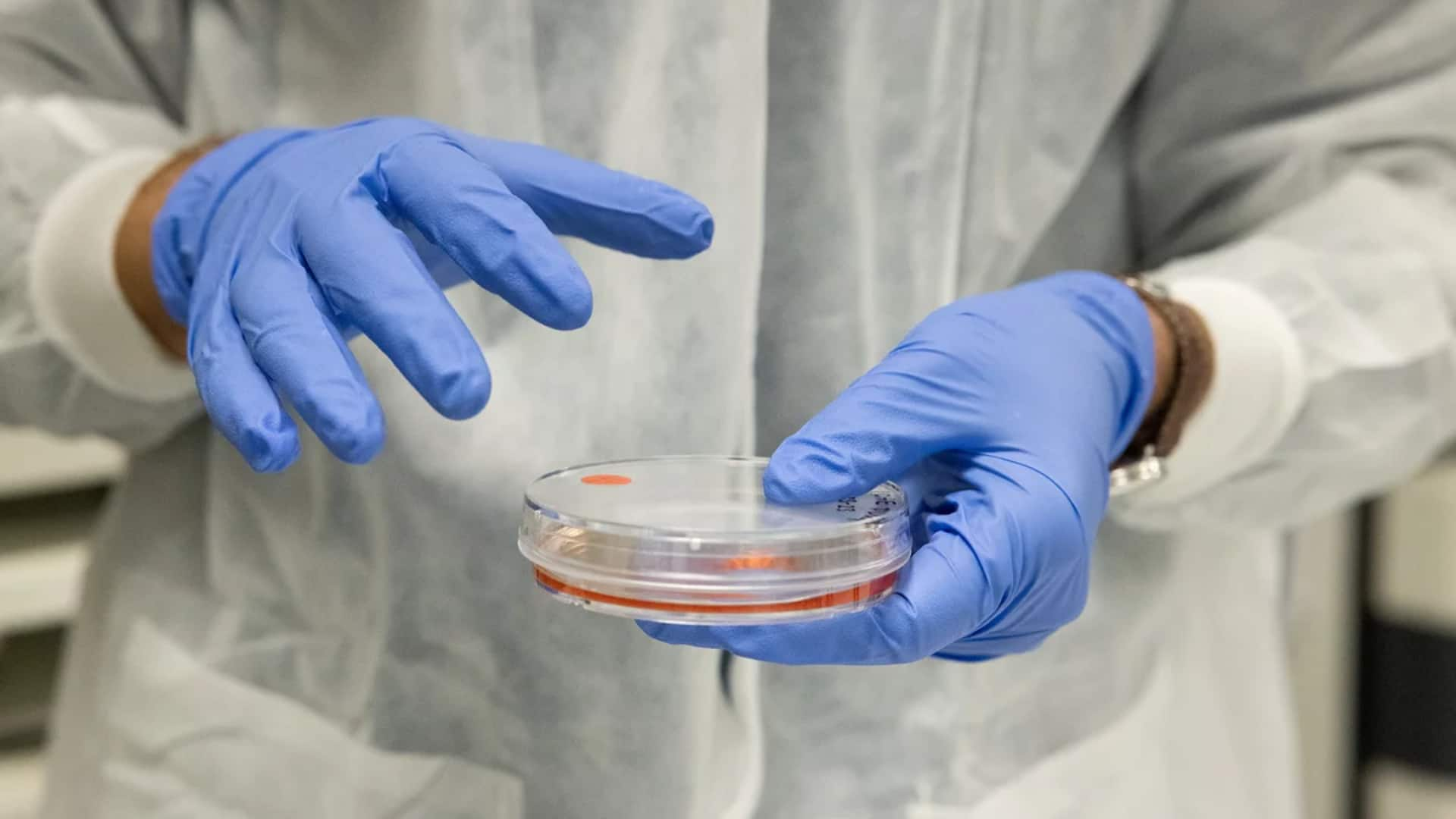
Lab-grown human eggs, sperm could soon be a reality
What's the story
The UK's fertility watchdog, the Human Fertilisation and Embryology Authority (HFEA), has revealed that the technology for lab-grown human eggs and sperm is close to becoming a reality. Backed by Silicon Valley investment, the breakthrough could become a reality within a decade. The development was revealed at a recent HFEA board meeting. In-vitro gametes (IVGs), or lab-created eggs or sperm from genetically reprogrammed skin or stem cells, are the holy grail of fertility research.
Fertility breakthrough
IVGs could revolutionize fertility treatments
Peter Thompson, CEO of HFEA, said, "In-vitro gametes have the potential to vastly increase the availability of human sperm and eggs for research and, if proved safe, effective and publicly acceptable." He noted the technology could offer new fertility treatment options for men with low sperm counts and women with low ovarian reserves. This development in reproductive science has been hailed as a major step toward overcoming age-related conception barriers.
Ethical implications
Opening new possibilities and ethical concerns
The use of IVGs could open up radical possibilities like "solo parenting" and "multiplex parenting." However, these potential developments also pose major medical and ethical concerns. Existing laws ban the clinical use of IVGs over safety concerns, especially with unintended genetic changes being passed down generations. The HFEA has called for a review of fertility laws in light of these advancements.
Parenting possibilities
Solo parenting and multiplex parenting: A closer look
Solo parenting means making both the egg and sperm from one person, which may make them more prone to recessive genetic disorders. Frances Flinter, emeritus professor of clinical genetics at King's College London, cautioned that this technique is "the complete extreme of incest" because of the risks involved. Meanwhile, multiplex parenting involves two couples creating two embryos whose cells are used to derive eggs and sperm in the lab for a final embryo.
Screening concerns
IVGs could lead to extensive embryo screening
The use of IVGs could also allow for extensive embryo screening in the lab. In less stringent regions than the UK, this could lead to a form of eugenics where desirable traits are selected. Thompson emphasized that "IVGs raise important questions and that is why the HFEA has recommended that they should be subject to statutory regulation in time." He added that biologically dangerous use of IVGs in treatment should never be permitted.